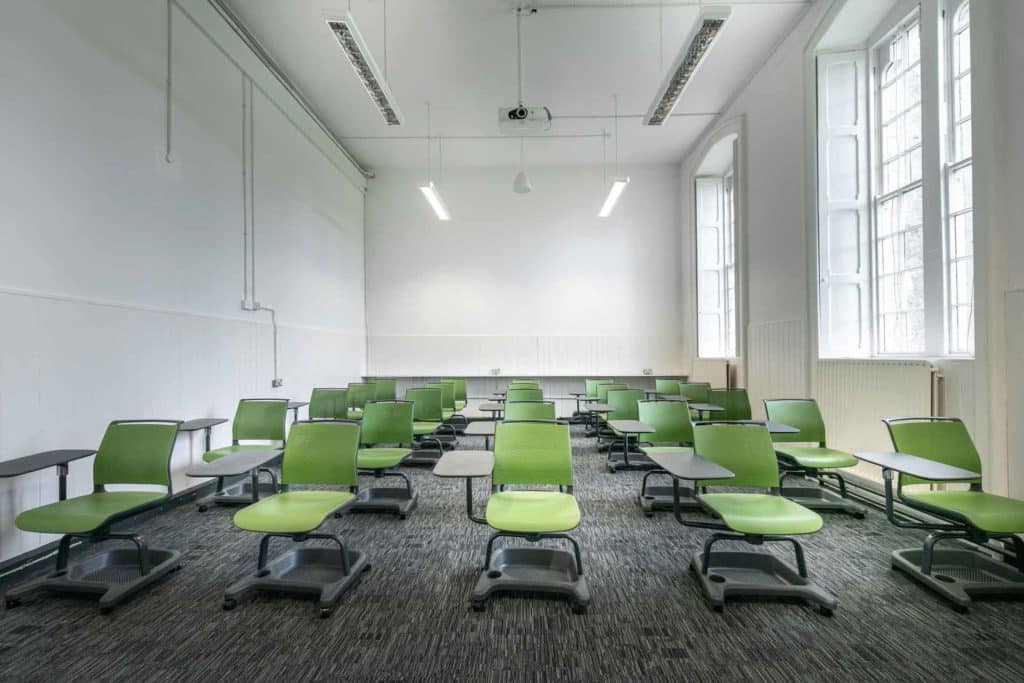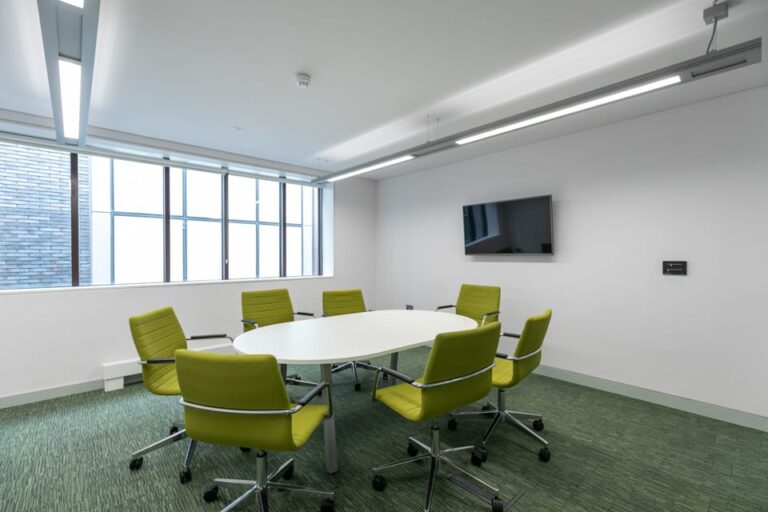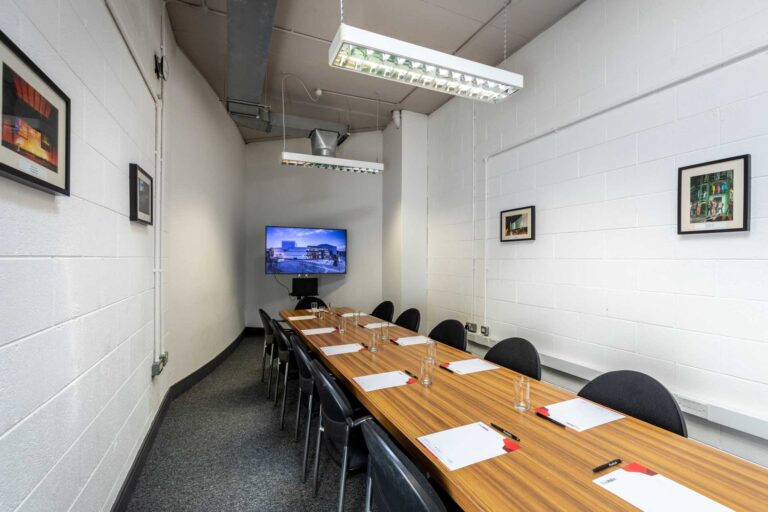Planners Toolkit - Things To Know When Planning A Conference
Conference
Why?
Create a Wish List
If everything were to go to plan, what exactly would your event look like? How many attendees would buy tickets to cover your costs and how much do you need to make a profit? Try to form a general idea of what your ideal venue will look like, the catering you are hoping for and the location of the conference, so you have a good place to start.
Set a Budget

Book Your Venue
Of course, cost will be a factor when deciding the location for your conference but it’s never worth sacrificing quality for the sake of a budget. Your event venue is the first thing people will notice so make sure it’s a good one. Make sure your conference venue is easily accessible from the airport and the city by public transport. Check with the venue what is included in the cost of room rental and if they can provide refreshments – doing this will save you hiring external equipment or caterers which can have huge costs. Review all contracts and cancellation policies carefully before going ahead with any bookings. If you’d like to learn more about our flexible conference venues in DCU, our staff are happy to help.
Book Your Speaker
Choose Your Vendors & Set Agenda
Market Your Event
Depending on the size and capacity of your event you may need an event website with online registration. Create a logo and colour scheme for your event and display it on all of your promotional materials. Use local listings if appropriate. If you are inexperienced in marketing, you may wish to use professional help to ensure the success of the event. You should also engage with the local Convention Bureau who can offer practical and financial advice.
If you’d like to host your event in one of North Dublin’s conference venues, contact our experienced event staff in DCU today. Not only do we offer flexible rates, we are also in a wonderful historic location that will make your Dublin event stand out from the crowd.




